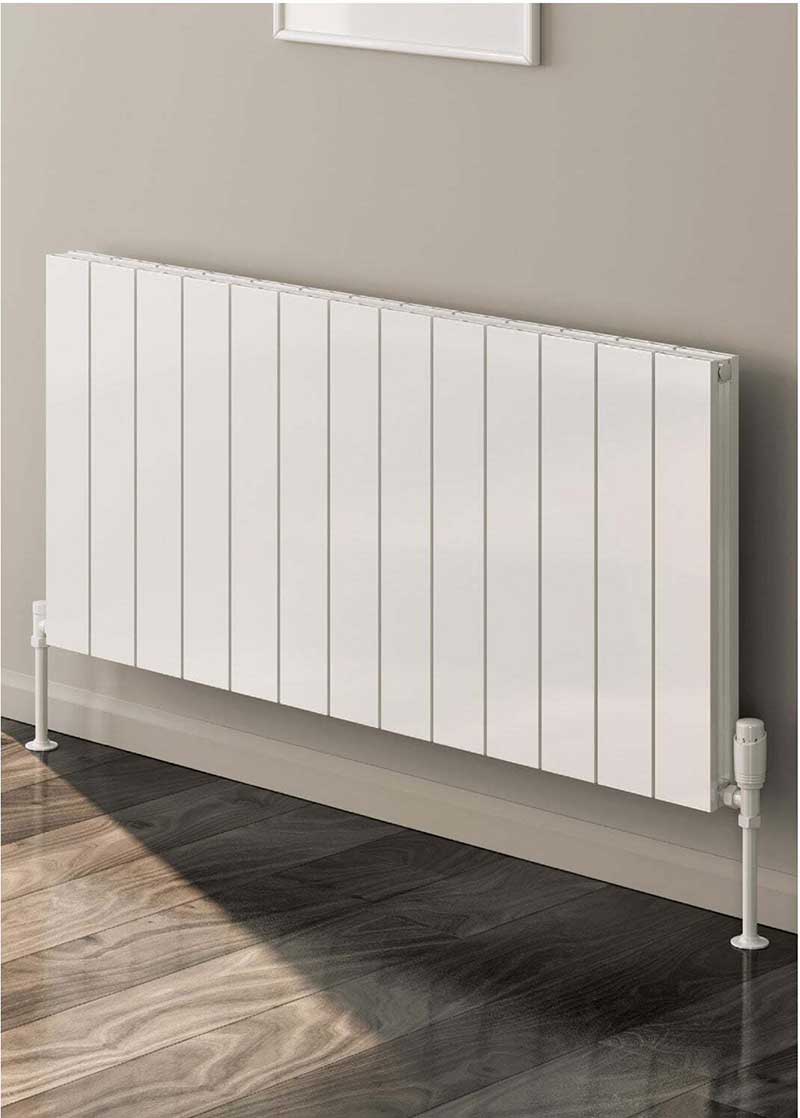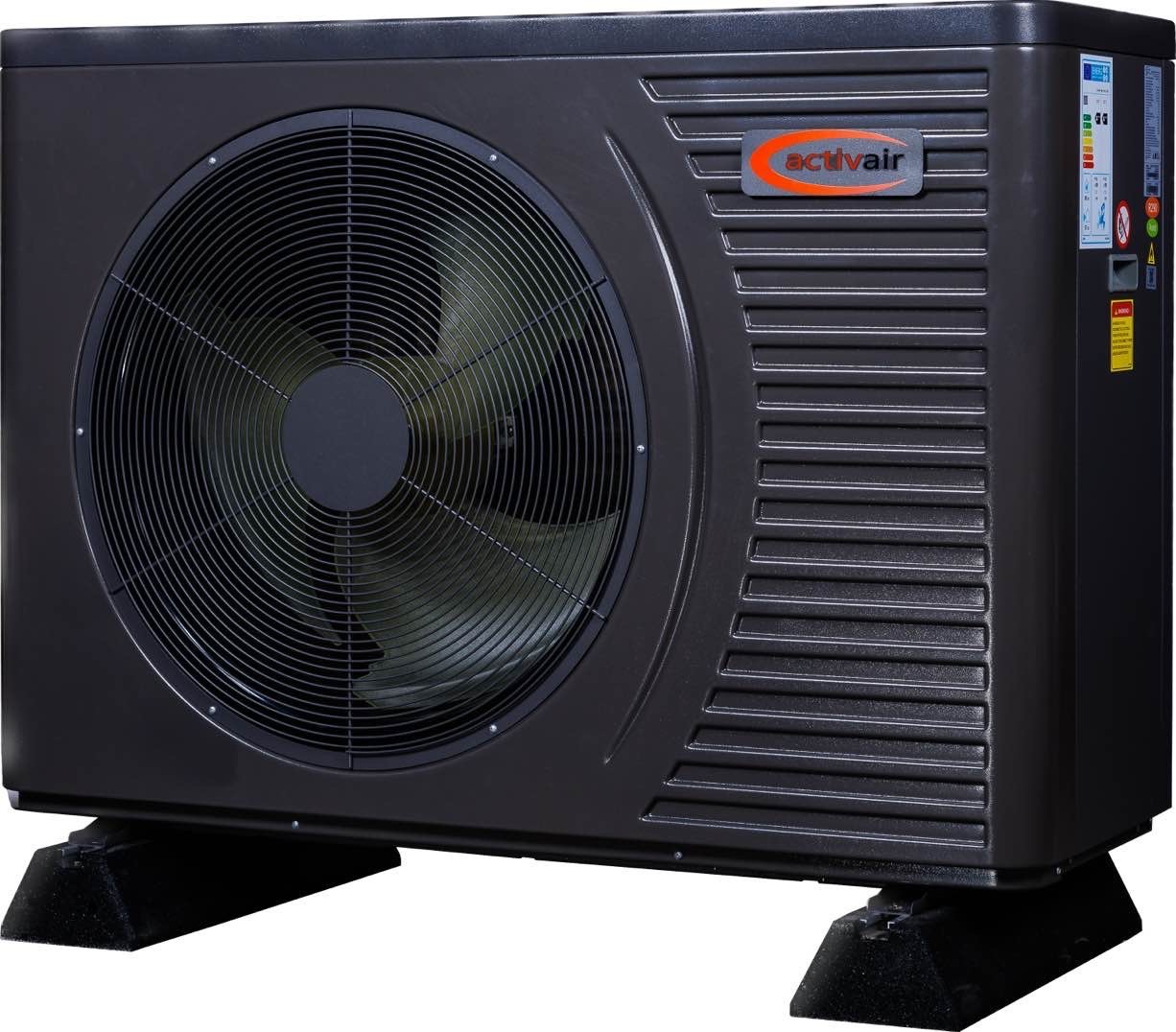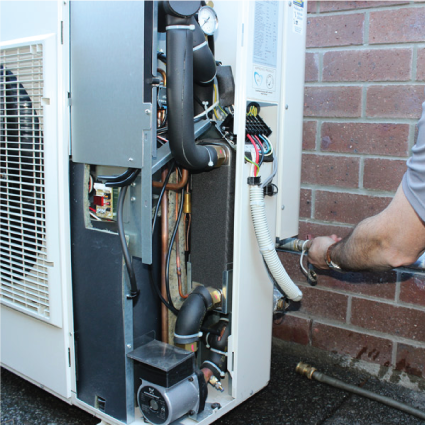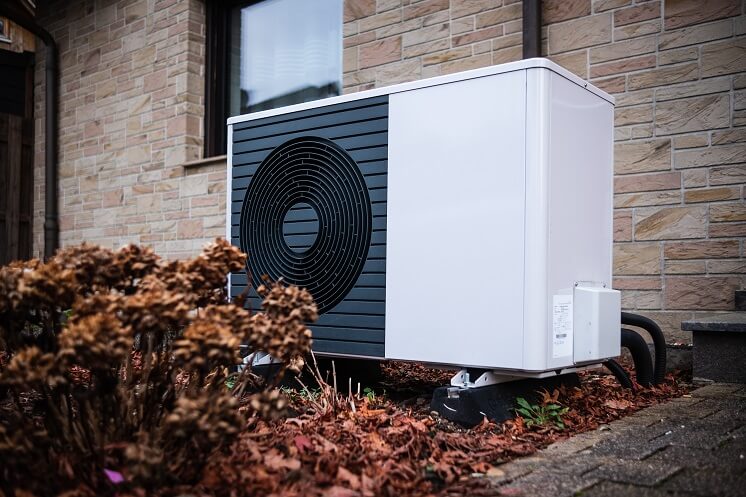ECO4 represents the fourth phase of The Energy Company Obligation (ECO) – a government-funded initiative aimed at enhancing the energy efficiency of UK homes and addressing fuel poverty.
Since 2013, the scheme has facilitated over 3.1 million home improvements. However, this final phase is geared towards achieving even greater impact.
Discover comprehensive details about ECO4 below, encompassing the scope of the scheme, eligibility criteria, and application process.
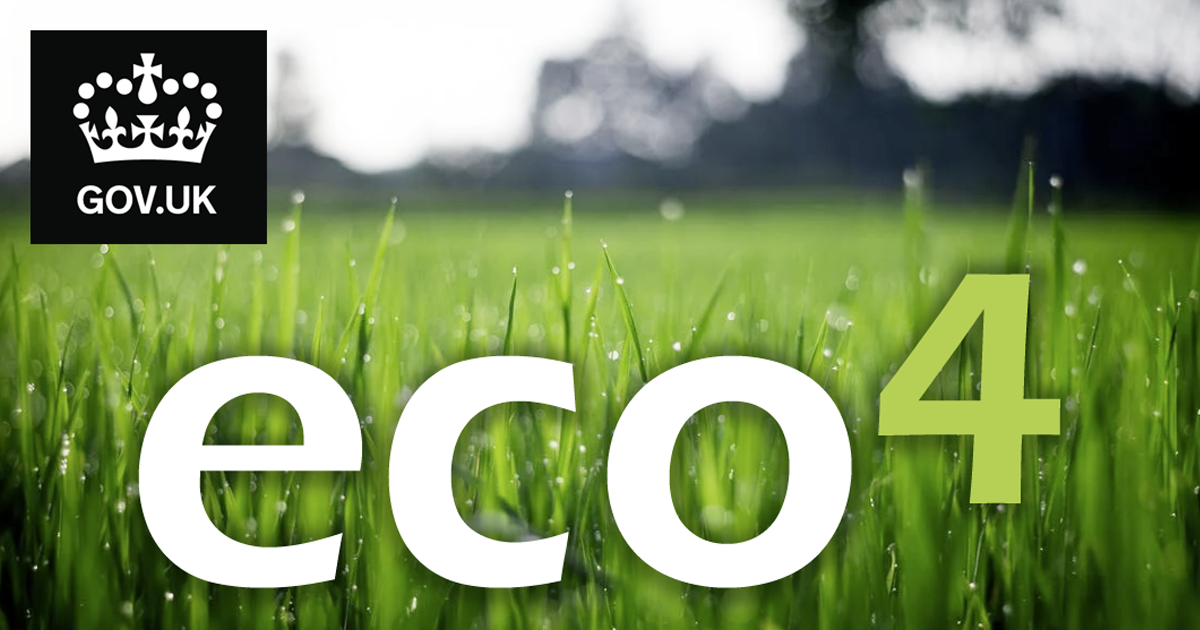
What's on this page?
What is the ECO4 grant?
ECO4 represents the fourth phase of the government’s Energy Company Obligation (ECO) initiative. As an extension of the Sustainable Warmth Strategy, the government has prolonged the ECO grant for an additional four years, ensuring its continuation until March 2026.
The main objective of this grant is to aid low-income households that face challenges in upgrading their homes and heating systems. Through this initiative, the government aims to assist vulnerable individuals in powering their homes, while also contributing to the country’s goal of achieving net zero emissions by 2050.
How is ECO4 different from ECO3?
Although phase three and four of the ECO scheme share numerous similarities, the government aims to extend its reach to a larger audience in this final stage.
Under ECO3, energy suppliers with over 150,000 domestic customers were mandated to assist eligible applicants. While this requirement remains in place for ECO4, the government plans to eliminate obligation thresholds through the introduction of a “buy-out mechanism.” This adjustment will enable smaller companies to also take part in the scheme.
Moreover, the government has revised the eligibility criteria for ECO4, seeking ways to aid low-income families not currently receiving benefits.
The ECO4 report highlights that 46.1% of fuel-poor households do not receive benefits. To support these low-income groups, the government vaguely mentions its intention to “expand and reform local authority flexibility, allowing suppliers to fulfill up to 50% of their obligation through that channel.”
Simultaneously, the government is discontinuing some benefits previously available under ECO3 “to better target households more likely to have low incomes.”
Non-means-tested benefits previously accessible under ECO3, but not included in ECO4, comprise:
- Disability Living Allowance (DLA)
- Personal Independence Payment (PIP)
- Attendance Allowance
- Carer’s Allowance
- Severe Disablement Allowance
- Industrial Injuries Disablement Benefit
- War Pensions
- Mobility Supplement
- Constant Attendance Allowance
- Armed Forces Independence Payment
What does ECO4 cover?
Depending on your chosen energy supplier, you may receive a variety of home improvements.
To provide an overview of the potential assistance available through the ECO4 grant, consider the following key areas of focus.
Insulating homes
The ECO4 scheme adopts a fabric-first strategy, prioritizing enhancements to the building’s structure before introducing new heating systems.
Notably, residences with an efficiency rating of ‘D’ or lower are required to implement loft, roof, and exterior-facing cavity wall insulation before upgrading any existing heating systems.
The government’s ECO4 report highlights a particular emphasis on insulating solid walls, with a target to conduct 22,000 solid wall insulation installations annually.
Repairing boilers
The familiar phrase ‘waste not, want not’ also extends to our household appliances.
According to the government, there have been no repairs for boilers or electric storage heaters under the scheme thus far. Instead of repairing efficient gas boilers, individuals are opting to replace them after approximately three to eight years, well before their expected 12-year lifespan.
To address this issue, ECO4 will offer incentives for repairing efficient heating systems whenever feasible. In cases where broken heating systems cannot be repaired, they can be replaced through the Broken Heating Cap. For more details on the potential costs without ECO4, refer to our page on boiler repair costs.
Installing greener heating systems
ECO4 prioritizes the replacement of old, worn-out boilers with more environmentally friendly options.
In alignment with the goal of achieving net zero by 2050, the ECO3 scheme excluded coal-fueled heating systems. ECO4 will uphold this regulation, while also adding oil- and LPG-fueled heating systems to the list of exclusions.
Instead, the government will promote the substitution of boilers with eco-friendly alternatives, specifically heat pumps and biomass boilers. Furthermore, ECO4 will continue the installation of solar photovoltaics (PV) in all electrically heated homes, provided that a biomass machine or District Heat Network has been deemed unsuitable.
Who is eligible for ECO4?
The primary objective of the government’s ECO4 scheme is to assist the least energy-efficient homes in the country, particularly focusing on low-income and vulnerable households.
A key criterion for determining eligibility for the ECO4 scheme is whether the applicant receives any of the following benefits:
- Income-based Jobseekers Allowance (JSA)
- Income-related Employment & Support Allowance (ESA)
- Income Support (IS)
- Pension Credit Guarantee
- Credit Working Tax Credit (WTC)
- Child Tax Credits (CTC)
- Universal Credit (UC)
- Housing Benefit
- Pension Credit Savings Credit
Additionally, the government will ensure that individuals receiving supplementary Department of Work and Pension (DWP) benefits have access to ECO4, irrespective of whether they receive Universal Credit.
While the primary focus will be on owner-occupied homes, this new phase of the grant will also provide support for inefficient social housing and private rented housing (subject to landlord approval).
How to apply for ECO4
If you believe you could take advantage of ECO4, simply reach out to one of the energy suppliers providing it.
Subsequently, you will undergo a telephone assessment, encompassing inquiries about your income, receipt of specific benefits, and your property’s energy efficiency rating.
Following this, the installer will schedule a home visit to assess its suitability for the grant.
Which energy companies offer ECO?
Gas and electricity providers serving over 150,000 customers are mandated to implement ECO measures. Presently, the roster of energy suppliers encompasses:
- British Gas
- E
- E.ON
- Ecotricity
- EDF
- ESB Energy
- Octopus Energy
- Outfox The Market
- OVO Energy
- Scottish Power
- Shell Energy
- SO Energy
- The Co-Operative Energy
- The Utility Warehouse
- Utilita Energy
Furthermore, you are not limited to approaching your existing energy supplier; instead, you can choose the company that best aligns with your requirements.
If you wish to contact any of these companies regarding the ECO scheme, you can find their contact details on the Ofgem website.
Summary
Specialists have indicated that the ongoing energy crisis might result in 8.5 million households falling into fuel poverty, leading to challenges in heating or powering their residences.
By prolonging the ECO scheme for an additional four years, the UK government has the potential to assist some of these at-risk individuals in coping with the challenging period ahead.
If you believe you qualify for the ECO scheme, why hesitate? Reach out today!
Find out how much a heat pump would cost you
Complete A Short Form – Receive Free Quotes – Compare & Save
Find out how much a heat pump would cost you
Complete A Short Form – Receive Free Quotes – Compare & Save








